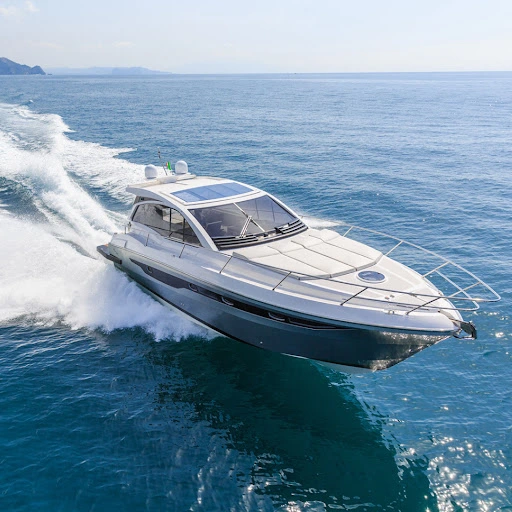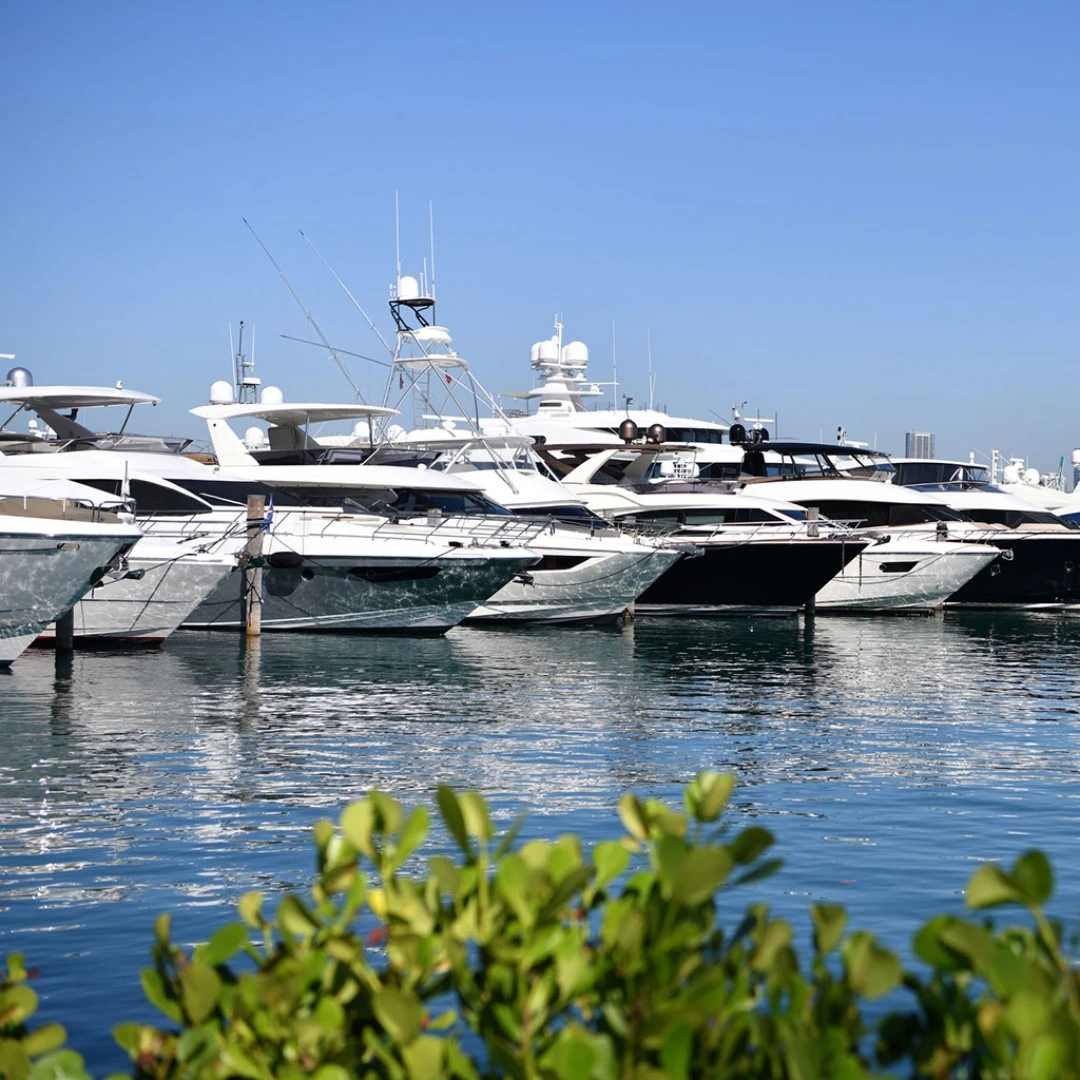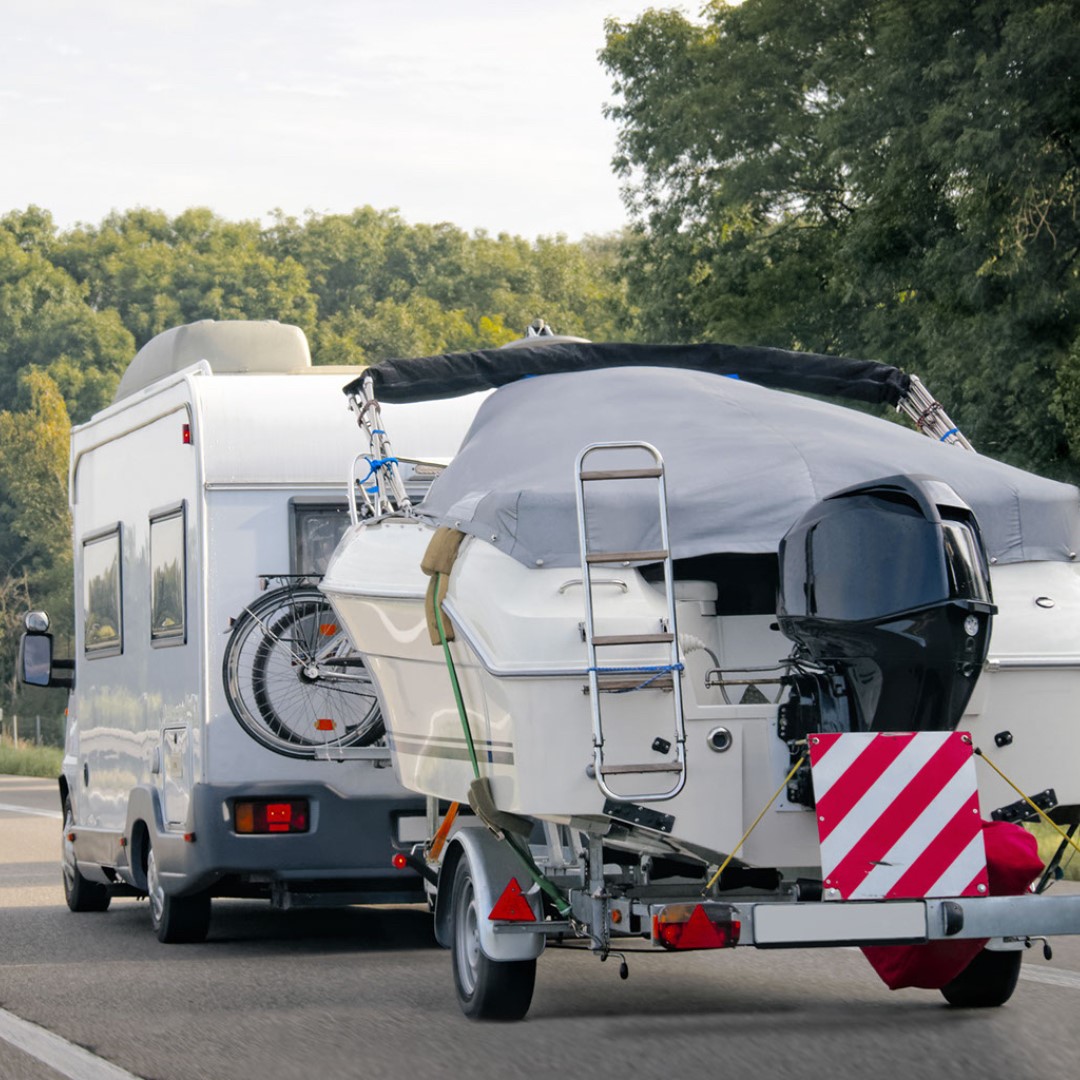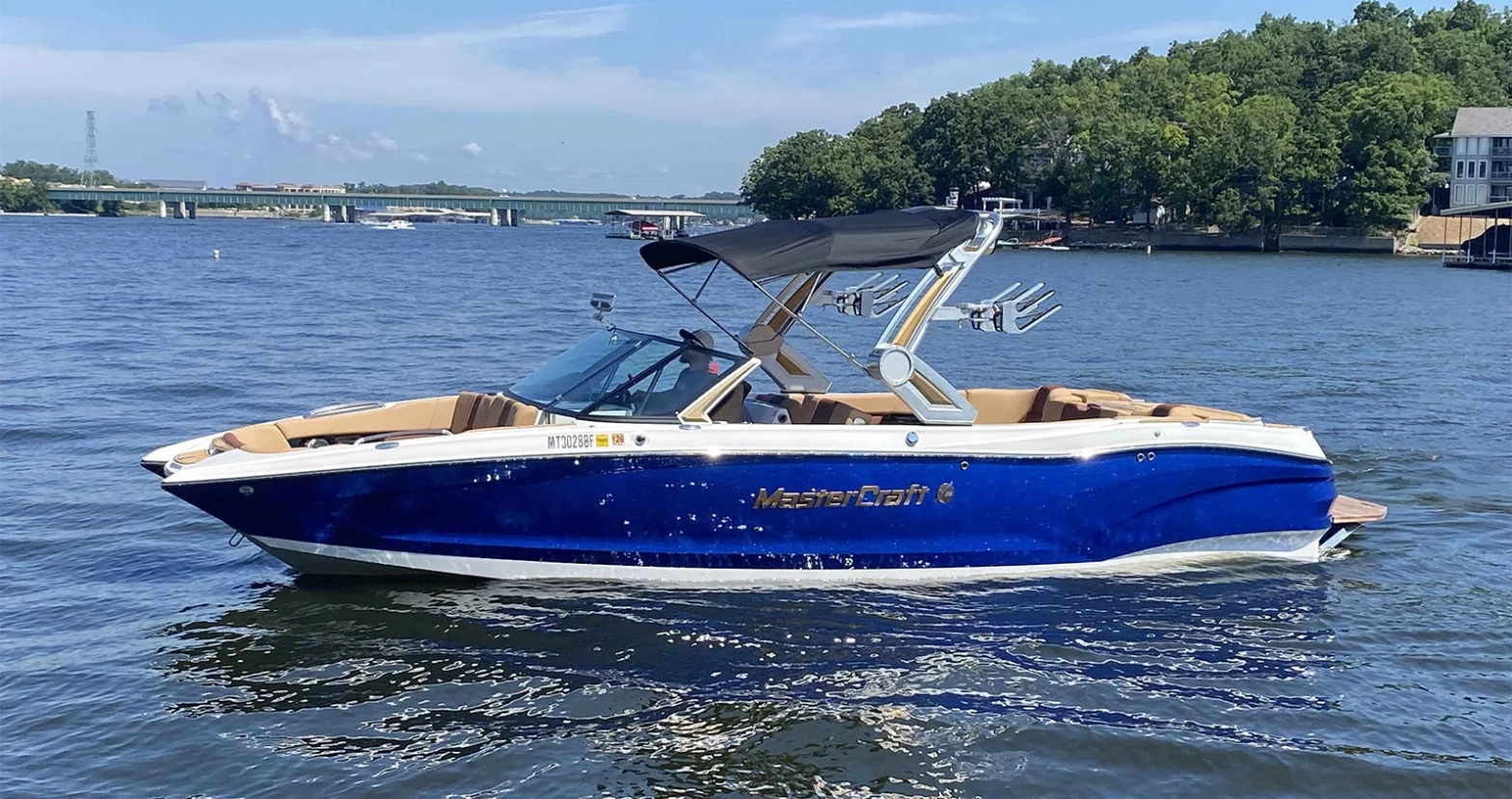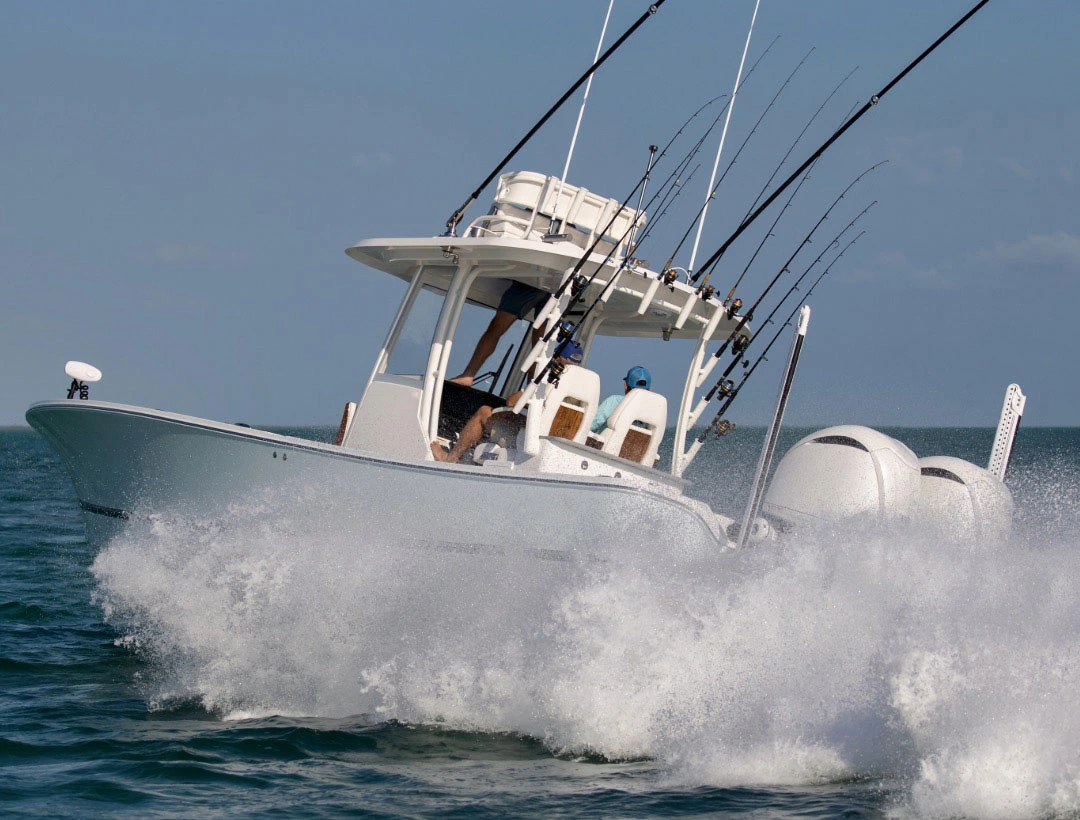Owning a boat can be a great way to enjoy the water and get outdoors. However, it’s important to be aware of the costs involved before you make the investment. Buying a boat is more than just the initial price tag. You also need to factor in the cost of operating and maintaining the boat. But don’t let this discourage you, as these are just part of the boating experience.
Purchase Price: The initial cost of the boat is perhaps the biggest expense, and it all depends on a variety of factors that influence the price. These include the type, size, brand, and age of the boat. According to the latest 2023 figures, a small fishing boat can cost anywhere from $10,000 to $20,000, a versatile pontoon boat, ranging from 16 to 30 feet, could set you back anywhere from $15,000 to $50,000, and a mid-size powerboat around 18-35 feet can cost anywhere from $20,000 to $100,000. It is important to note that these are just estimates, size does matter when it comes to the cost of a boat. Small boats are more affordable and easier to handle, but if you want luxury and advanced features you will need to pay more for a larger boat.
Insurance Costs: Just like with automobiles, boat insurance is a must. Premiums vary based on factors such as the type of coverage, boat value, and your boating experience. Liability coverage, which protects against accidents involving others, is essential. Comprehensive coverage, covering theft, vandalism, and damage, should also be considered. On average, you might be looking at around 1% to 2% of the boat’s value annually. For example, if your boat is valued at $50,000, expect insurance costs in the ballpark of $500 to $1,000 annually.
Here are some additional tips for getting the best boat insurance rates:
- Get quotes from multiple companies. This is the best way to make sure you are getting the best possible rate.
- Consider your boating history. If you have a clean boating record, you will generally qualify for lower rates.
- Consider your age and experience. Younger boaters and those with less experience will generally pay more for insurance.
- Ask about discounts. Many insurance companies offer discounts for things like safety courses, boat lifts, and winter storage.
- Take advantage of multi-policy discounts. If you have other insurance policies with the same company, you may be eligible for a discount on your boat insurance.
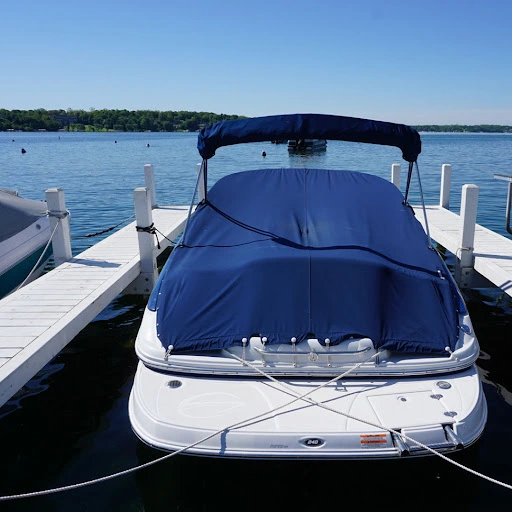
Docking or storage fees: If you do not have a place to store your boat at home, you will need to pay for docking or storage fees. Marinas charge fees based on the size of your boat and its location. The cost of docking can vary depending on the marina, but you can expect to pay anywhere from $50 to $200 per foot per year for a wet slip. A wet slip is a space in the water where your boat can be docked. Dry storage facilities offer an alternative for protection from the elements. The cost of dry storage can vary depending on the facility, but you can expect to pay anywhere from $20 to $50 per foot per year (as of August 2023).
Maintenance and Repairs: Regular maintenance is crucial to keep your boat in top condition. This includes engine servicing, hull cleaning, and equipment checks. Repairs can range from minor fixes to major overhauls, depending on wear and tear. Annual maintenance might skim off another 1% to 2% of your boat’s value. A $50,000 boat could translate to $500 to $1,000 in yearly upkeep costs. But remember, neglecting maintenance can lead to costly repairs down the line.
Fuel and Operating Costs: The cost of fuel and other operating expenses like oil, filters, and routine servicing can add up quickly. Larger boats typically have higher fuel consumption rates, so you can expect to pay more for fuel if you own a large boat. You may also need to budget for things like winterization and storage if you live in an area with cold winters.
Registration and Licensing: Just as you would with a car, you need to register your boat with the appropriate authorities. Registration fees vary by location and boat size. Additionally, some states require boating education courses or licenses.
- Registration: Registration is required for all boats in most states. The registration fee will vary depending on the size of your boat and the location where you register it.
- Licensing: Licensing is required for boat operators in some states. The requirements for licensing will vary depending on the state and the type of boat you are operating.
- Boating education courses: Some states require boaters to take a boating education course before they can operate a boat. These courses can teach you about the rules of the water, how to operate your boat safely, and how to respond to emergencies
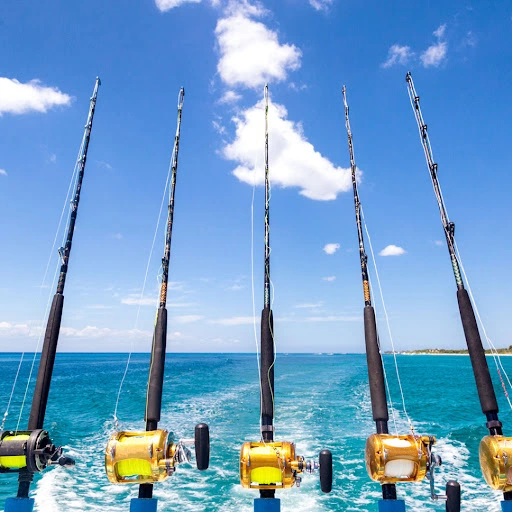
Accessories and Equipment: Fishing gear, navigation systems, safety equipment, and water toys are all popular accessories that can add to the overall cost of owning a boat. It’s important to shop around for the best prices on these items and consider buying used gear if possible. You can also save money by waiting for sales and discounts.
Taxes: The cost of owning a boat can vary depending on the location where you live. Some states impose sales tax on boat purchases, while others have annual personal property taxes on boats. It is important to research your local tax regulations to avoid surprises.
For example, in Florida, the sales tax on boat purchases is 6%. So, if you buy a boat that costs $10,000, you will pay $600 in sales tax. Personal property tax rates in Florida vary depending on the county. In Miami-Dade County, the personal property tax rate for boats is 0.3%. So, if your boat is worth $100,000, you will pay $300 in personal property tax per year.
Resale Value: When considering the cost of boat ownership, it’s wise to think about the potential resale value down the line. Popular brands and well-maintained boats tend to hold their value better. The market for used boats can be just as dynamic as the market for new ones.
In fact, some boats gain a certain charm and character as they age, becoming sought-after vessels for those who appreciate their history and craftsmanship.
This means that your initial investment in a quality boat could potentially yield a healthy return when it’s time to part ways.
Additionally, the effort you put into maintaining your boat can significantly impact its resale value. Just like a well-maintained car commands a higher price when you’re ready to sell, a boat that has been lovingly cared for will undoubtedly stand out in the used boat market.

Is Owning a Boat a Good Investment?
Similar to automobiles, boats depreciate over time. The rate of depreciation can vary, but it’s important to factor this into your overall ownership costs. On average, you might be looking at around 15% to 20% depreciation in the first year and then around 10% annually thereafter.
If you are looking for a way to enjoy the water and get outdoors, then owning a boat can be a great option. However, it is important to be aware of the costs involved before you make the investment.
Here are some additional tips for budgeting for boat ownership:
- Set a budget for the purchase of your boat, insurance, fuel, maintenance, repairs, storage, and other costs.
- Be realistic about how much time you will have to spend on boat maintenance and repairs.
- Consider the cost of storage if you do not have a dock or lift at your home.
- Factor in the cost of registration fees, taxes, and slip fees.
- Get quotes from multiple insurance companies to get the best possible rate.
- Do your research on different types of boats to find one that fits your needs and budget.
- Consider buying a used boat to save money on the initial purchase price.
- Take a boating safety course to learn how to operate your boat safely.
Owning a boat can be an exciting adventure, but it is important to be prepared for the costs involved. By doing your research and budgeting carefully, you can ensure that your boat ownership experience is enjoyable and affordable.
Ready to Start Boat Shopping?
More for you to read, including Boat Financing;
A Guide To Buying A Used Boat.
How To Choose The Right Boat For You
Boat Financing – Helping You Navigate The Boat Shopping Waters!
